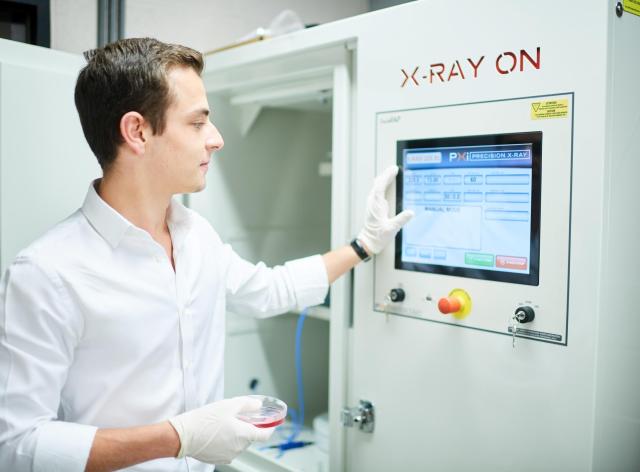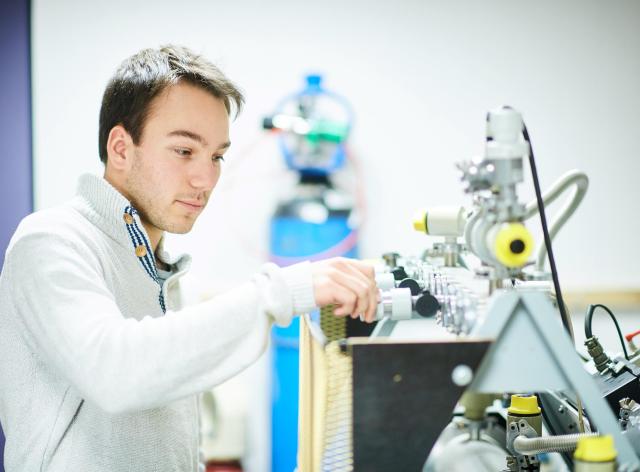The Physics Department's research today focuses on the study of inert or living materials, various forms of radiation, and their interactions. The Department of Physics is divided into 5 promising and original research themes, explored within several Research Institutes and supported by technological platforms.
Research is led by 15 academics, who pool their skills and enthusiasm around a multitude of projects. They are surrounded by large teams of international researchers, logisticians, engineers and technicians. In all, there are no fewer than 100 people working together to ensure the success and renown of the Physics Department's research, which has been internationally recognized for over 50 years.
Beyond the classic academic spin-offs, it's worth noting that research in the department has led to the emergence of a spin-off dedicated to surface treatment and the development of high-performance coatings (ICS - Innovative Coatings Solutions).
Physics research themes and project leaders
Life physics
From the study of processes involved in proton therapy to the use of optical methods to study biological interfaces, via the development of antimicrobial layers for example, this theme is part of a broadly interdisciplinary research, where the contribution of physics is increasingly central.
Project leaders:
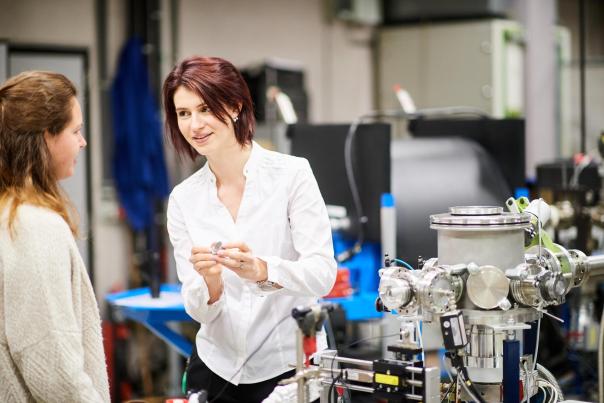
Materials synthesis, simulation and analysis
The scope of materials physics at UNamur is particularly broad, especially in the field of energy ranging from batteries to LEDs to photovoltaics; the development of these systems is the fruit of theoretical research, simulations, tests and characterizations.
Project leaders:
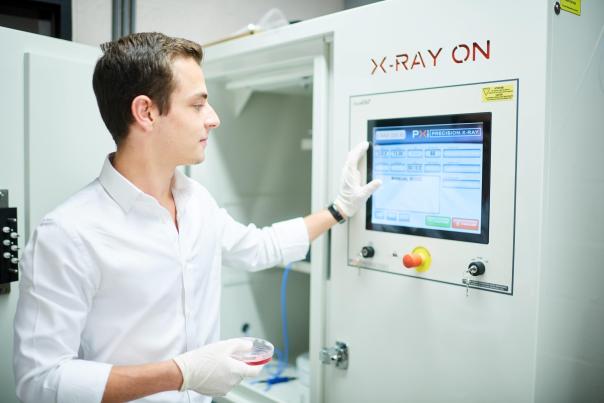
Heritage Sciences
An interdisciplinary collaboration has emerged around the theme of Heritage Sciences, in which physical methods (optics, ion beams), allied to artificial intelligence, are put to work in the service of historical dating (medieval manuscripts, ancient coins).
Project leaders:
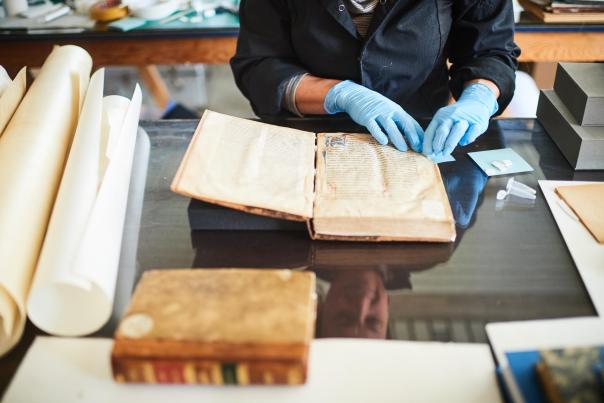
Optics and photonics
From the use of optics to study the Earth's atmosphere, to the development of "smart glasses" capable of modifying their transmission according to external conditions, to the development of nanostructures to control the behavior of light, this theme, which is as diverse as it is exciting, deserves to be highlighted.
Project leaders:
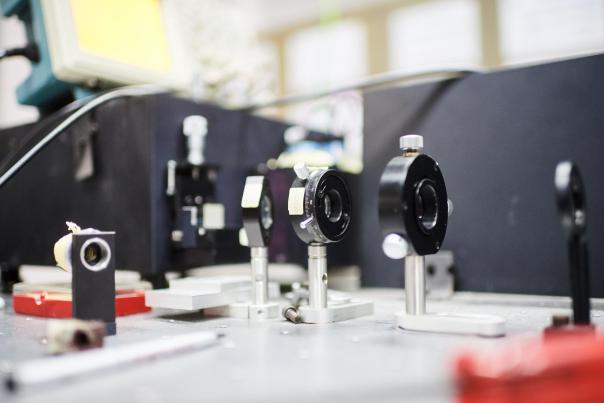
Didactics of physics
Physics Didactics has a leading role in the fields of both neuroeducation (neuroscience and physics didactics, inhibitory control and learning in physics) and conceptualization (cognitive psychology, construction of scientific concepts), the team is fully invested in didactics research and its implementation, for the direct benefit of students.
Project leader:
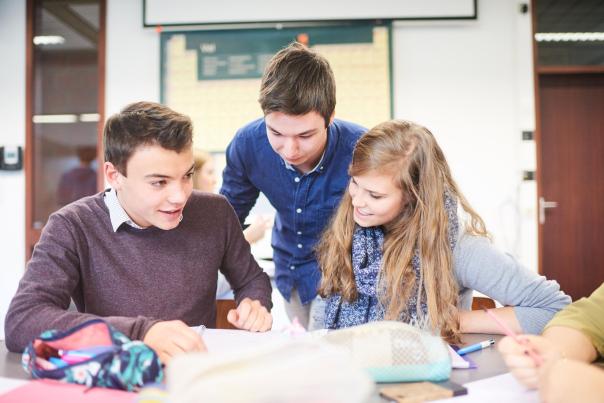
Associated technology platforms
The physics department makes its equipment and skills available to research centers, companies and industries in the region for the microscopic analysis of samples and for the physical interpretation of the phenomena that gave rise to the structure or composition of the samples appraised (metal sheets, glass, ceramics, liquids, biological materials, etc.).
Equipment is grouped within the following technology platforms:
A significant proportion of the research projects developed in the department have a direct bearing on the environment, energy production and storage, and the well-being, safety or health of populations. These include, but are not limited to:
- Design of materials for shielding electronic circuits from electromagnetic interference
- Development of innovative, environmentally-friendly polymer materials
- Study of atmospheric and stratospheric pollution using molecular spectroscopy
- Optimization of photovoltaic, photothermal and LED cell efficiency
Involvement of researchers in UNamur research institutes
The Department's researchers are active in the following research institutes:


